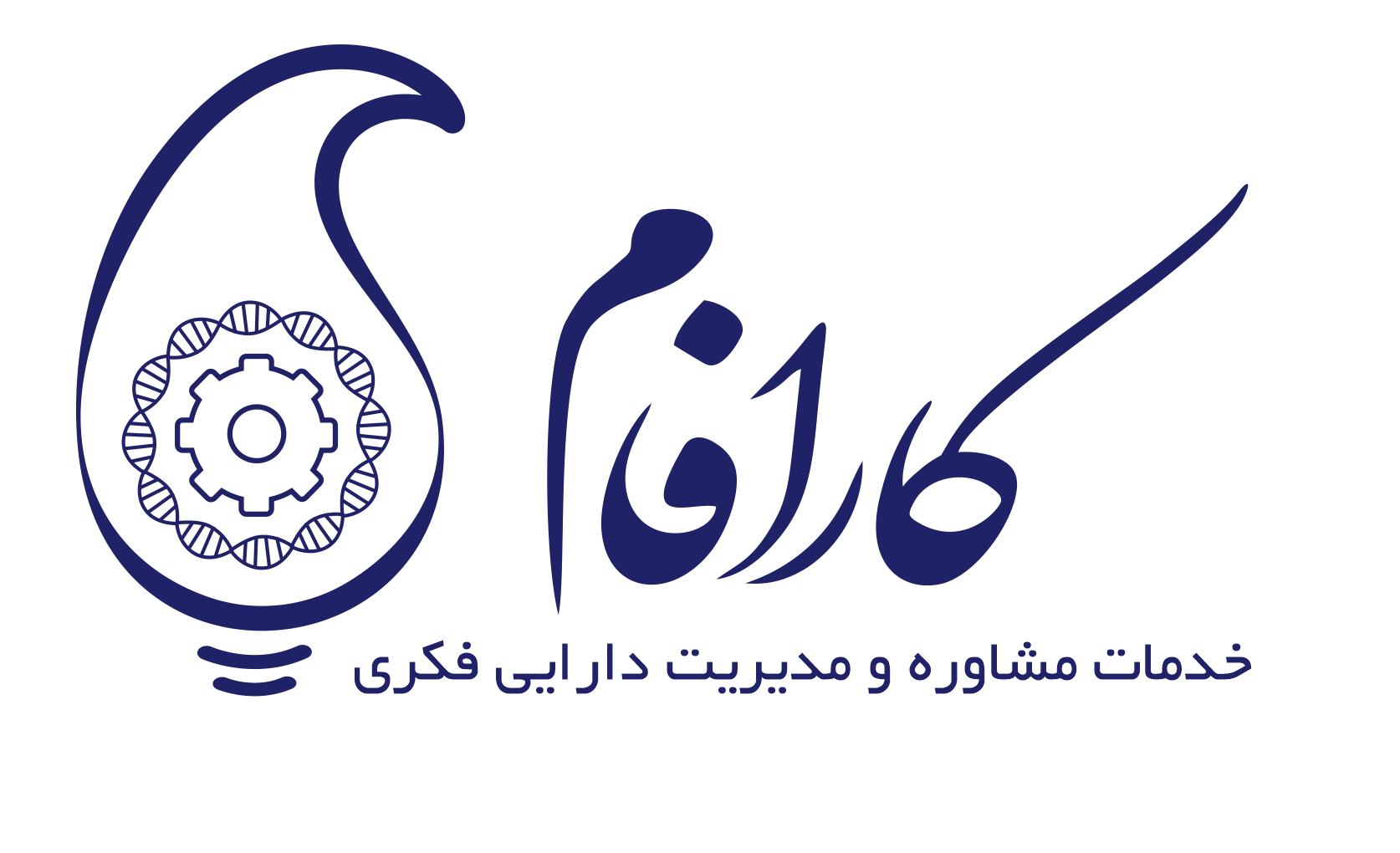Freedom to Operate (FTO) Analysis:
Safeguarding Your Business Expansion

Freedom to Operate (FTO) refers to the legal ability of a company to develop, market, or sell a product or service in a specific region without infringing on third-party intellectual property (IP) rights. FTO analysis involves evaluating existing patents, trademarks, copyrights, and other IP protections to determine whether a new product or process is free from legal restrictions or potential litigation risks.
The importance of FTO lies in avoiding costly legal disputes that could derail a product launch, restrict market entry, or result in significant financial penalties due to IP infringement. For companies introducing innovative technologies, products, or processes, understanding the scope of FTO early in the development stage is essential for mitigating these risks.
Key Components of an FTO Analysis:
1. Comprehensive Patent Search:
The core of any FTO analysis is an exhaustive search of patents that are active and enforceable in the target market(s). This search focuses on identifying any patents that might claim technology similar to your product or service. It includes reviewing both pending applications and granted patents.
2. Geographical Considerations:
IP rights are territorial, meaning that patent protection is only applicable in the country or region where it was granted. An FTO analysis must consider the countries where you plan to commercialize your product. A product might have FTO in one country but face infringement risks in another, depending on the scope of patent protection.
3. Assessment of Claim Scope:
Once relevant patents are identified, the next step is analyzing the scope of the patent claims. Patent claims define the boundaries of what the patent owner has exclusive rights to, and a careful legal interpretation is required to determine if your product overlaps with any of these claims.
4. Risk Management and Legal Strategy:
Based on the findings, companies may need to adjust product designs to “design around” existing patents, pursue licenses from patent holders, or explore strategies to challenge the validity of third-party patents. FTO analysis may also highlight opportunities for cross-licensing, collaborations, or acquisitions that could enable market entry without legal barriers.
5. Timing and Regular Updates:
Since new patents are filed and granted continuously, FTO is not a one-time activity but an ongoing process. It is important to update the analysis at key development stages or before entering new markets to ensure continuous freedom from IP obstacles.
Benefits of FTO:
Risk Reduction: FTO ensures that companies reduce the risk of unintentional infringement, avoiding lawsuits and potential damages that can arise from violating another party’s IP rights.
Market Confidence: With an FTO analysis, you gain clarity on the IP landscape, enabling informed decisions about product launches, R&D investments, and geographic expansion.
Strategic Planning: It provides the foundation for legal and business strategies, such as licensing deals, collaborations, or even challenging existing patents if necessary.
Our Expertise in FTO Analysis Services
At Karafam, we offer tailored Freedom to Operate (FTO) services to support your business’s successful entry into national or international markets. Our expert team conducts in-depth analyses of IP landscapes across various industries, ensuring that your products or processes do not infringe on third-party IP rights. Whether you’re launching a new innovation or expanding into new territories, we provide you with the strategic insights and legal clarity needed for confident decision-making. Trust us to safeguard your innovation while minimizing legal risks in the exploitation of intellectual property.

